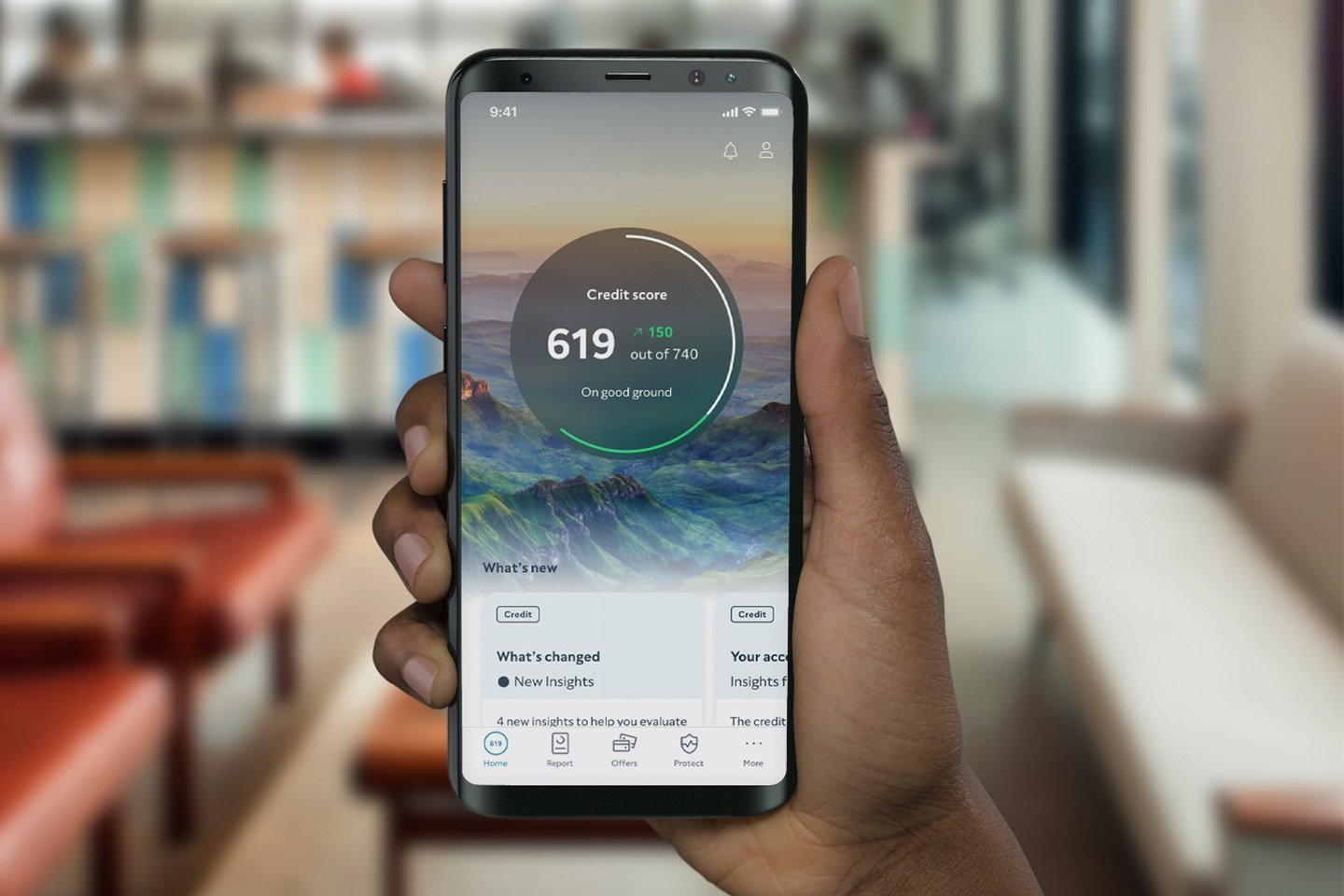Check your credit report today
See your credit score and report in minutes. It’s free, forever.
What is a credit report?
Our guide to understanding what a credit report is and what you need to know about it.

Check your credit report today
See your credit score and report in minutes. It’s free, forever.
A credit report is a document which contains information on your credit history and financial dealings. It clearly shows how you handled your debt in the past: how much you borrowed, from whom and if you repaid it on time.
If accurate, you cannot alter the information on your report. If, however, there is a factual mistake on your report, you can dispute the information. If it does turn out to be an error, the credit bureau has to correct it.
Your credit report contains your credit history. Credit is a type of agreement which lets you receive goods, services or money now and pay for them in the future. The repayments are normally made by monthly instalments and you are charged an interest rate, which is a percentage of what you owe. Most people would see it simply as borrowing money in one form or another.
The most common types of credit are bonds, loans, overdrafts and credit cards. But there are many other situations where you obtain credit, though you might not realise you’re doing it. For example, mobile phone contracts spread the cost of your phone over the length of the agreement. Utility bills also count as credit, because you receive the utilities before you pay for them. Most adults have at least one form of credit or will borrow in the future.
- Personal information (name, date of birth, ID), your address and employer information
- Court judgements, admin orders and sequestrations
- Bankruptcies and whether or not you've defaulted on any debts.
- Credit account information: how much you owe and whether you have paid on time, the age of the account (including bonds, credit cards, store cards)
- Enquiries carried out on your account
- Fraud that has been committed using your name or any fraud that you've committed using someone else’s name
See incorrect info on your report? Raise a dispute and we'll get back to you as soon as possible
- Current account information (unless you have an overdraft)
- Savings account information
- Your salary
- Student loans
- Criminal record
- Medical history
- Parking or driving fines
- Information about gender or ethnicity
A lot of the information in the credit report is confidential and that’s why specially licensed credit bureaus are in charge of holding it. The four bureaus in SA are Experian, TransUnion, Compuscan and XDS. ClearScore uses data from Experian.
Credit bureaus are companies which collect information on the credit rating of individuals. The information comes from lenders, mobile phone companies and utility companies. This information is stored and organised by the agency so that it can be easily used by potential lenders to assess a person’s credit risk.
These agencies are connected with the different banks, lenders and credit card companies which pass on your information and details when you borrow money. As all the information from the different lenders is stored in one place, it is easier for a prospective lender to access it when they want to understand your borrowing habits. However, companies and individuals cannot simply check your report – it’s private. They need permission from you which is normally part of the application process for loans and other forms of credit.
Everyone is entitled to a statutory credit report once a year which the credit agencies are obliged to provide for free. You can also request it more than once a year, but for a fee that is not to exceed R20 at each additional time of request. The document you’ll receive is a simple print out or online version of your report and will not provide you with any supporting information or your score.
Key highlights
- A credit report is a document that contains your credit history and other personal information
- If the information on your report is correct, you can’t change it. If it contains mistakes, you can dispute the information with the lender or credit bureau
- Only licensed credit bureaus can hold your credit report. The four main SA credit bureaus are Experian, TransUnion, Compuscan and XDS
- ClearScore gets its information from Experian
- Everyone is entitled to a free statutory credit report from the credit bureaus once a year
With more than 9 years of experience working in fintech and e-commerce, Anna is helping people all over the world change the way they manage their finances.
